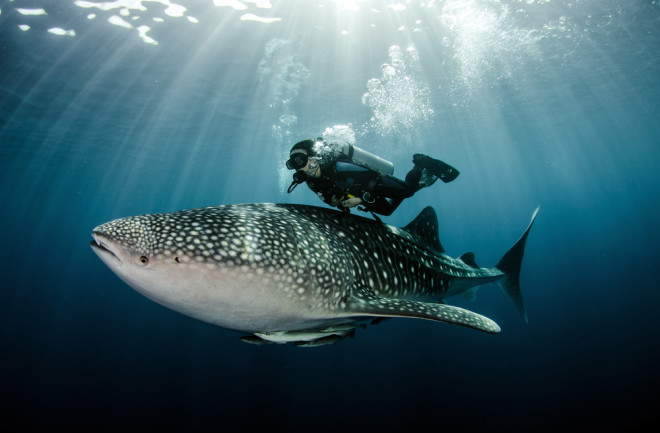Whale sharks, with their enormous size and docile demeanor, are a remarkable example of nature's grandeur and complexity. That’s why these creatures have long intrigued both scientists and ocean enthusiasts alike.
Here, we’ll unravel some of the mysteries surrounding the whale shark, providing a comprehensive look at their physical traits, their behavior, and the challenges they face.
But first, let’s cover the basics.

